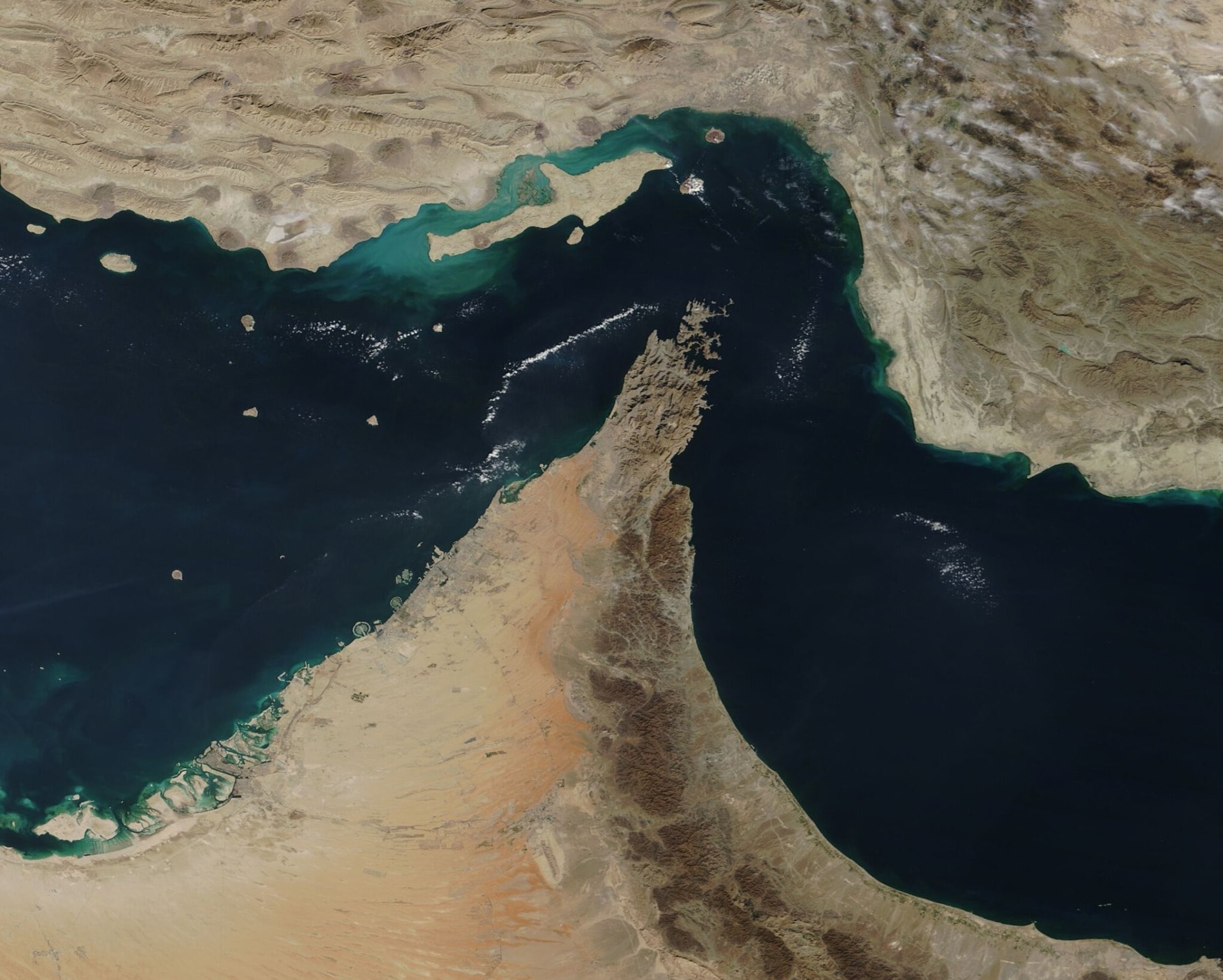One day after Patrick Zaki, a human rights researcher, was sentenced to three years in prison in Egypt for “spreading false news,” Egyptian President Abdel Fattah el-Sisi pardoned Zaki on July 19.
Zaki, a graduate student from the University of Bologna in Italy, was arrested during a short visit to Egypt in 2020.
For 22 months, the 32-year-old endured arbitrary detention in appalling conditions at the Tora Investigation Prison. In addition, there were reports of torture by electrocution that added to the mounting concerns surrounding his treatment.
Although provisionally released in December 2021, Zaki’s legal battle persisted as he faced trial before an emergency court.
The charges stemmed from an opinion piece he wrote in July 2019 and published on the Daraj news website, titled “Displacement, Killing and Restriction: A Week’s Diaries of Egypt’s Copts.”
According to the Egyptian Initiative for Personal Rights (EIPR), in the article, Zaki shared his experiences as a Coptic Christian in Egypt and shed light on the challenges faced by the religious minority in Egypt.
In an interview Zaki told DW that the prosecutor in the case had disagreed with his article.
“He said that there is no discrimination of the Christian minority, that we have equal rights and he closed his argument by asking the judge to give me the maximum penalty without mercy,” Zaki said.
Related Articles: Egyptian Activist Patrick George Zaki Released from Jail Still faces Trial | The Mystery of Egypt: A Theocratic Whodunit | Cold War Redux: How a Dam On The Nile Has Become an International Issue
EIPR denounced the prosecution as a violation of his basic human rights, stating:
“The targeting, arrest, prosecution, and sentencing of Patrick Zaki for writing about his experiences as a Coptic Christian is an egregious measure by Egyptian authorities that is indicative of a larger failure by the state to protect religious minorities. Instead, the authorities target Copts for merely expressing themselves and bringing attention to the discrimination they regularly endure.”
#Egypt: We're alarmed by the sentencing yesterday of Egyptian researcher & rights defender Patrick George Zaki to 3yrs in prison, on account of his expression of views. We urge his immediate & unconditional release. https://t.co/b4agjN5pW3 pic.twitter.com/8wE3qhgkq2
— UN Human Rights (@UNHumanRights) July 19, 2023
Furthermore, Zaki’s arrest and sentencing prompted an international outcry urging his release. The US and Italian government
Italy granted him citizenship in 2021. He is said to return to Italy today.
In a video message, Italy’s Prime Minister Giorgia Meloni expressed her gratitude to President el-Sisi for his significant action and wished Zaki “a life of serenity and success.”
The Case of Patrick Zaki: Showcasing Egypt’s Troubling Human Rights Record
In addition to Zaki, President el-Sisi pardoned Mohamed el-Baqer, a lawyer who defended Alaa Abdelfattah, a prominent Egyptian blogger and rights activist.
While Zaki and el-Baqer have been pardoned, human rights organisations continue to advocate for the release of other political prisoners in Egypt.
Certainly, Zaki’s case underscored Egypt’s troubling human rights record.
Human rights organisations Amnesty International and Human Rights Watch both expressed concerns over the freedom of expression, association and assembly and arbitrary detention and unfair trials.
They further highlighted cases of enforced disappearances, ill-treatment and torture, extrajudicial executions and unlawful killings, among other abuses of human rights.
Baqer and Patrick should not have spent one day in jail for their human rights work. We welcome the news of their pardon and call for the immediate release of thousands still detained in Egypt on political grounds
— hossam bahgat حسام بهجت (@hossambahgat) July 19, 2023
Furthermore, after the country’s human rights record was scrutinised globally during its hosting of COP27 in November 2022, Egypt has granted pardons to many detainees.
The government launched a “national dialogue” programme, which aims to produce political, economic and social reform recommendations.
However, human rights defenders remain sceptical about its effectiveness.
Additionally, despite the increase in pardons, Amnesty International estimate that thousands of political prisoners are still being held in custody in Egypt, with many of them being denied a fair trial.
Editor’s Note: The opinions expressed here by the authors are their own, not those of Impakter.com — In the Featured Photo: Patrick Zaki. Featured Photo Credit: Wikimedia Commons.









